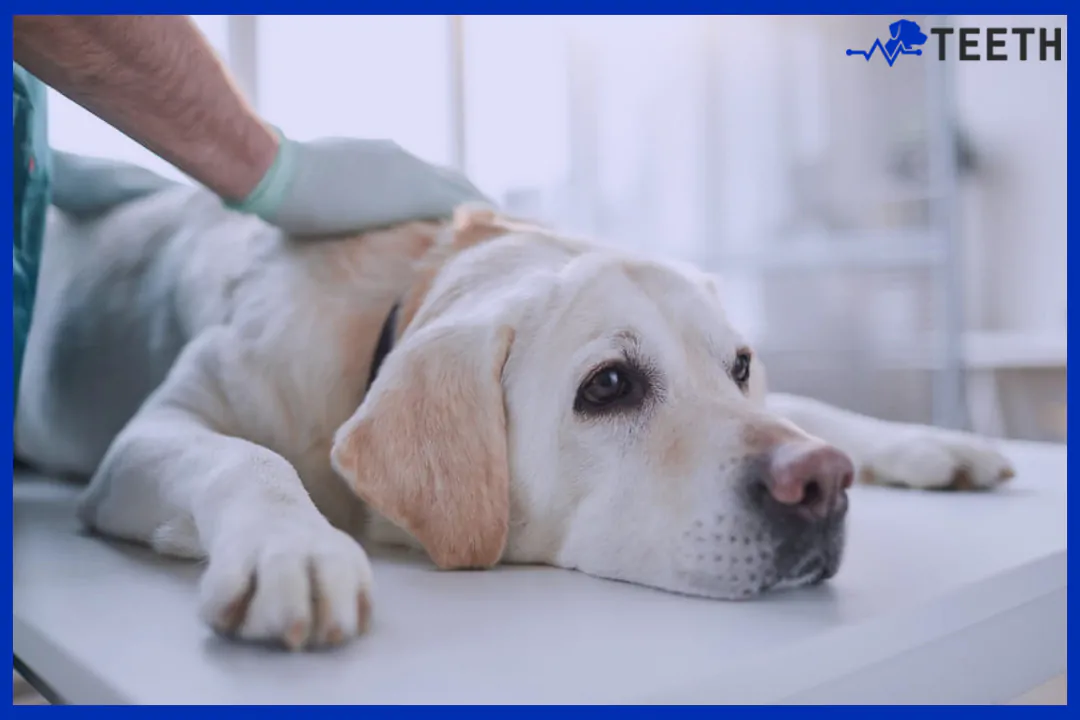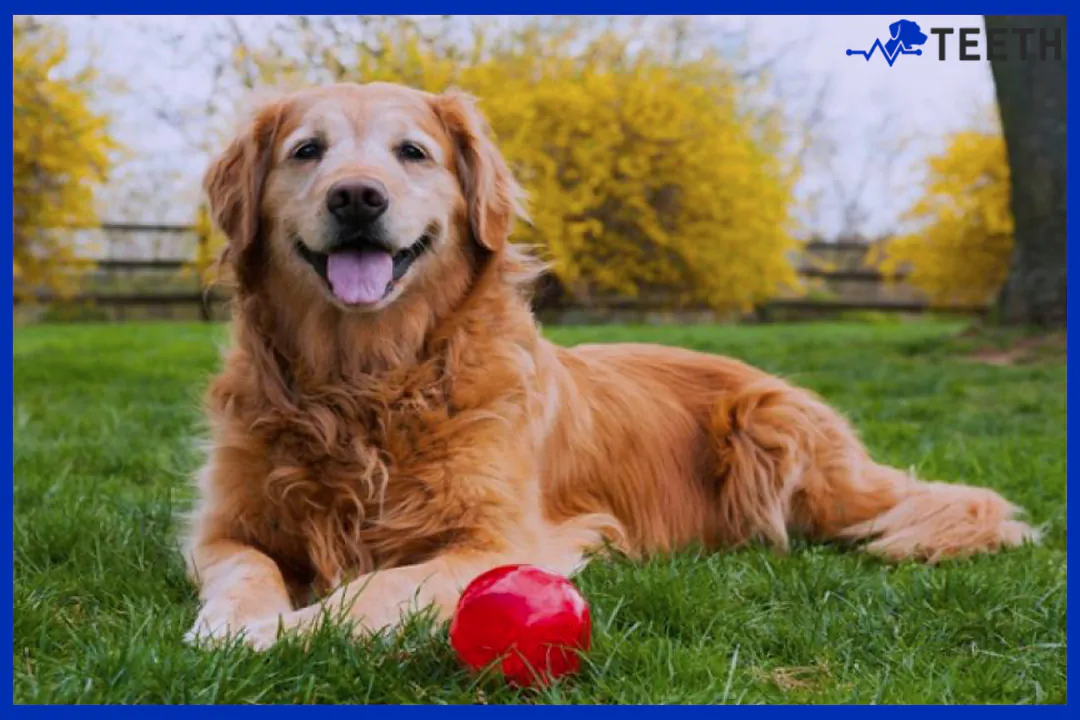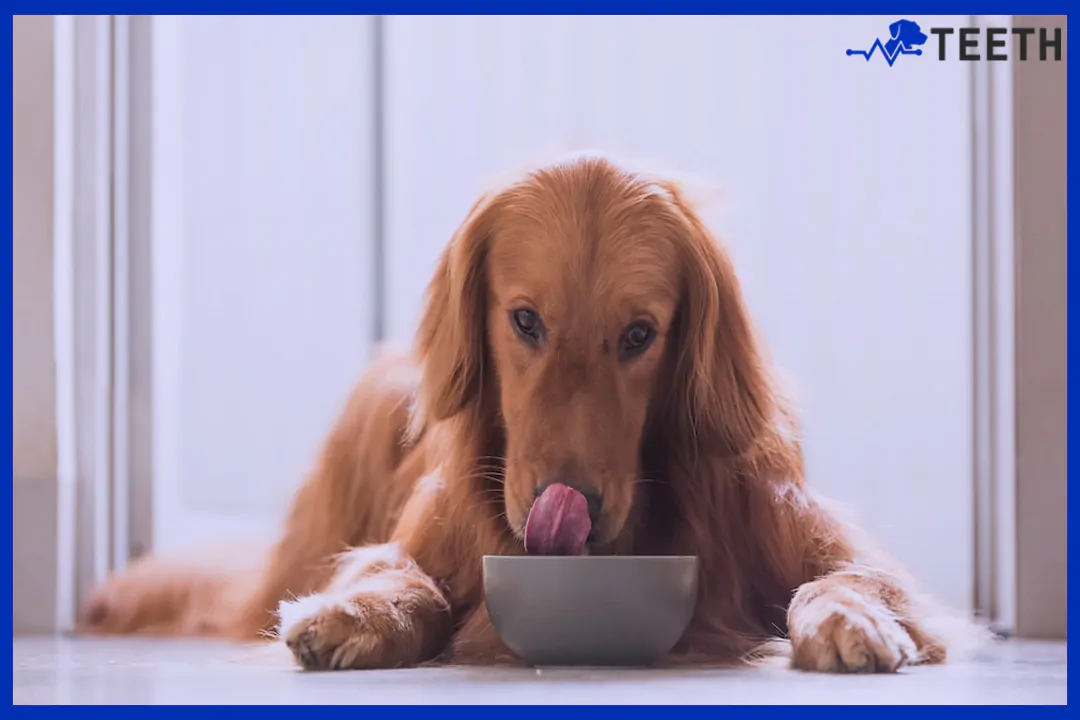Water Flosser for Dogs. Pet dental care is crucial for canine wellness, ensuring overall health and happiness. Can water flossers be used on dogs? This guide explores the efficacy and safety of water flossers for canine oral hygiene. Water Flosser for Dogs.
Understanding Canine Oral Hygiene
Proper oral care for dogs is vital to prevent issues like tartar build-up and periodontal disease. Neglecting dental hygiene can lead to lasting health problems.
Basic Information About Doggy Teeth Cleaning at Home
Home dog teeth cleanings help prevent tartar accumulation, tooth decay, and gum disease in pets. Brushing is recommended on an ongoing basis but some dogs might prefer alternative approaches like water flossing instead.
Water Flossing for Dogs: Is This an Option?
Water flossers, commonly used for dental flossing in humans, are effective for cleaning dogs’ teeth. Their pulsating streams of water flush away food debris and plaque deposits from teeth surfaces. Plus, its gentle yet effective cleaning approach may even prove particularly valuable!
Dogs that resist traditional brushing methods should receive special consideration.
How Can a Water Flosser Effectively Clean Dog’s Teeth
When choosing a water flosser for your canine companion, it’s essential that it meets their individual needs and preferences. Look for devices with adjustable pressure settings so your pet will experience comfort while using one efficiently; here is how a water flosser works effectively:
Gradual Introduction of Water Flosser: Allow your dog to become acquainted with the sound and feel of a water flosser before actually using it on his or her teeth; this helps minimize anxiety.
Use the Appropriate Technique: Slowly move a water stream along your gumline and between teeth without using forceful strokes as this could result in discomfort or damage to gums.
Consistency Is Key: For optimal dental care of your canine companion, consistent use of the water flosser will yield positive results. Aim at at least using it several times each week (if not daily! ).
Canine Oral Health: Beyond Flossing
Water flossing can be an essential tool, but comprehensive canine dental health requires much more. Be sure to incorporate water flossing and these other practices in their dental care regime:
Brush Your Dog’s Teeth: For regular brushing sessions use canine-specific toothbrush and toothpaste for maximum effectiveness.
Dental Chews and Toys: Dental chews and toys may help naturally reduce plaque and tartar accumulation by stimulating salivation to produce acid that washes over the area and displace it away from where it can accumulate.
Professional Cleanings: Ensuring regular checks and professional cleanings by a veterinarian are absolutely vital for keeping pets in top shape.
Diet Considerations: Feed your dog a balanced diet that does not include hard treats that could potentially damage his teeth.
Preventing Common Dental Issues in Dogs
Effective dental care for dogs can prevent common issues like tartar removal in dogs, bad breath prevention and more serious conditions like canine periodontal disease. Be alert for signs of discomfort from dental distress in your pup such as unwillingness to eat, bad breath or visible tartar buildup on their mouths.
How Can Natural Remedies Clean Dog’s Teeth
Integrating natural methods of teeth-cleaning for your dog may complement water flossers in helping clean their mouth. These may include:
Coconut Oil: Packed with antibacterial properties, coconut oil can be an ideal way to brush your pup’s teeth. Raw Bones: Chewing raw, meaty bones may help naturally remove tartar build-up on teeth while Raw Bones can provide natural tartar scraping action. Dental Herbs: Certain plants possess cleansing properties which may help support overall oral health in dogs.
Conclusion
Water flossers can be an invaluable addition to a canine’s dental care routine, complementing both traditional practices and natural remedies for optimal dental hygiene. With regular usage and maintenance of this modern method of flossing your pet canine, you can ensure optimal oral health – and therefore an increased lifespan and better overall quality of life for their canine companion! Remember a healthy mouth means an enhanced wellbeing for everyone involved – including themselves!
Dog Dental Health Tips: Always Consult With A Veterinarian
Before beginning any new dental regimen for your pet – including using a water flosser – it’s always advisable to consult a veterinarian, who can offer tailored advice that ensures all methods selected will be safe and beneficial to their specific requirements.



